Millions and thousands become empty numbers when scaled in the context of history. As a scale of human life taken, those numbers are tragic and can seem unreal. A life balanced against policy, allowed to suffer and die beneath a wider context that is expedient or abstract skewered by passions and contemporary politics. A life that destroyed, punished and tortured by complete strangers with such certainty, despite innocence. At best guilt by association in the most remote attachment is the only grounds for culpability. With ideology, the authority of law and the language of justice, the innocent are harmed and intentionally targeted regardless. It is the nature of collectivists and government itself.
In 1946, ‘Five Chimneys’ was published, the chronicle of Olga Lengyel who survived the Nazi governments persecution of Jews and other groups. Olga endured the death camp of Auschwitz, surviving the war, soon after she wrote ‘Five Chimneys,” Sharing with the world what it was like for her and others to live and die beneath the German government of the National Socialist period. There was no social media in the 1940s, Olga’s book was one way that information and experiences could be conveyed on a large scale at relative speed from an event.
For Plestia Alaqad, she had social media, using Instagram to capture the moments of the recent events in Gaza. Instant information released to the wider world allowing access through a digital keyhole from a part of the world condemned to suffer. Olga and Plestia both intelligent young women, lost loved ones, witnessed their community collapse into ruins, felt the pangs of hunger, experienced the helplessness of fear, observed the disparity between the powerful and powerless while surviving the hatred of war. Both women managed to escape the misery inflicted upon them. Both condemned because of who they were born, punished by collectivists that see the world in groups rather than as individuals. Two women who had no rifle or bomb, only their human spirit and a typewriter or mobile phone to record injustice.
Despite being a Christian, Olga’s husband, a leading doctor in Hungary, was summoned by the police to be sent to Germany. Olga insisted that she, her parents and her two children join him to stay together. It was 1944 and they were on their way to Auschwitz, surrounded by other helpless victims, many dying enroute. Upon arrival Olga’s husband was selected for slave labour while the rest of her family sent to be processed before the gas chambers. Olga’s ‘living’ conditions with the 1500 inmates that she shared a barrack with was beyond poor, the use of a few chamber pots as eating troughs, to be used as either with no privacy or dignity. Male workers and prisoners would ‘negotiate’ sexual favours for food, some starving women desperately conceding. It was a world of humiliation and pain.
Olga a skilled surgical assistant suddenly found herself useful to the masters of the camps, Olga helped with the delivery of babies in the camp infirmary, if a child was born both baby and mother would be sent to the chambers for extermination. If a stillborn was delivered the mother for a time could be saved. So Olga and the other women in the infirmary induced ‘stillbirths’ to save the mother or at least give her days longer to live, “And so, the Germans succeeded in making murderers of even us.”
Having rubbed shoulders with some of the most despicable people of the Nazi regime, such as Doctor Joseph Mengles, Olga also participated in the underground resistance, terrorists, and helped steal supplies to improve conditions for some inmates. Olga describes the chaos and perverse death fetish of the Nazi’s even as the war neared an end, the mechanisation of murder refined into a process alongside the brutal vulgarity of passionate men taking life with their bare hands or bullet. The SS guards took those they deemed useful while executing others or leaving them to suffer in the last actions of the gas chambers. Olga found herself liberated, a survivor. Her husband, parents and children all dying. Many of those around her dead. For Olga it was seven months of hell, she lost everything except her own life.
Olga’s story is one of tragedy and loss with moments of heroism, even if it is that of martyrs for example the story of 400 Greek men recruited by the Nazi’s as guards who were told to execute prisoners. The recently arrived Greek men refused, to be executed themselves as punishment. Or the defiance of women who defied putrid advances, proud with dignity before brutes who had the power of government to do as they pleased. Olga lived until 2001, her chronicles are an ever lasting almost immediate memory of what government and individuals are capable of, the nature of vicious authority and how helpless millions of individuals are forced beneath legal power.
Though separated by distance and time, Olga and Plestia have much in common. In a world of division and collective definitions that segregate, human beings can share experiences which vary in extremes. Individuals remembered and defined because they recorded events outside of their power, accused of propaganda or bias as they do so, especially by those who support or participate in the power disparity and genocide. For Plestia all she could do was capture with her phone what was occurring around her, what the camera took and her thoughts on what was occurring, a reaction to a reality imposed upon her. She was not Hamas, just as Olga was not responsible for all the crimes conjured up by the Nazi’s to justify death camps.
Before the war Plestia was in marketing using Instagram predominately, she understood the platform and the potential for it to reveal intimate moments inside of histories impersonal mandate. She could be a mute witness, victim or lean into what she understood. In a place where few international journalists have current access to, those living in Gaza have to tell their story. Much as Olga told hers afterwards. And as Olga, who was medically trained was able to help in the infirmary of the camps and make decisions that could save a mothers life, Plestia became a wartime journalist.
Instagram became a chronicle and diary for those like Plestia who found themselves as journalists on the ground. Underground journalists, mostly untrained, sharing the rawness of moments, without editorial oversight or advertisement friendly concern. At times with hyperbolic and unconfirmed exaggerations, “Around 1000 were killed,” to be claimed in the Al-Ahi hospital attack, though the numbers were fewer. Unfiltered moments.
The Israeli government has targeted and killed members of the media, including Belal Jedallah, head of the Press House-Palestine when an airstrike blew him and his car to pieces. Around 100 other journalist have also been killed in Gaza while reporting. Plestia as a trending Instagram ‘reporter’ had to make the decision to avoid her family, to remain in her car, in case she suffered a similar fate. That way it would be likely that only she would die in an Israeli government hit. It is the calculation that media members now must make in modern war with cartels, terrorists and especially governments targeting them for death and punishment. So powerful is information, as long as those hearing it have the courage to care.
Plestia was able to flee to Australia, her status a risk to her. She was able to do what scores of others can not, what Olga was unable to do. What would history have been like if those suffering it were able to record with their devices? With slower forms of media in the past, radio, film, photographs and the words of those there, still history ran on. Now, we can see instantly through social media what is happening and with such a saturation on the news feed, the images of dead children can be washed away by foodporn, cat videos and memes, the misery blended with the mundane.
What if misery has become so mundane by those blessed by distance, far from the carnage, entertained or merely fascinated by it. Just as Plestia and Olga have a common helplessness in their innocence beneath power, so to do those on the outside in the wider world who watch on. Those who can witness the collectivist policies of government, punishing en masse thousands if not millions based on arbitrary abstracts. Is the world mostly silent because it doesn’t care or because it loves the institutions of power more than it does innocent life? There may not be chimneys spewing human smoke from the city of Gaza like those in Auschwitz, but one can’t help to notice a similar language at times among the advocates for mass murder. Not to mention the disregard of the suffering by those inflicting death, the complicit regardless of the growing death numbers and the innocence of the dying. It’s taboo to suggest such common traits, just not to exhibit them.
The powerful, the leaders of mighty monopolies and their foot soldiers often have a commonality despite how vicious they may fight each other. The powerful and those who seek power tend to have traits that make them linked in the most vile of ways, the ability to wipe out human life so long as crisis or ‘necessity’ determines. Whether the march to greatness is an imperial destiny or one of defensive reaction, the killers tend to use a similar language and claim that they are doing as they do for a greater good or to preserve life. The victims are forfeit in any dignity or regard and must suffer in order for a ‘superior’ civilisation or people do exist. The master race or culture must prevail at the expense of all others. The victimhood paradox of imperialism. The powerful often will impose themselves with such self righteousness whether as a self gratification, to convince their contemporaries or history of their deeds or because no one likes to see themselves as villains, even histories pariahs such as Nazi Germany.
Olga Lengyel and her family were a threat to the might of Nazi Germany and a Plestia Alaqad a dangerous mouthpiece against not only the Israeli governmeny but apparently the Jewish people, according to the powerful in their times. Their dissent is that they thought, witnessed and survived. Good and evil may be a fallacy of fiction but if it is not, then the opposite of good is not in killing innocent human beings, hating them because they were born, starving children. It is not good to rule, conquer and destroy life. Olga and Plestia are different people, though there is a common dignity in their survival, the 400 Greek men who refused to murder innocent people all shared a common fate with the solidarity to oppose injustice. Those who impose misery on individuals forced into camps like Auschwitz or a city like Gaza have a hatred of the innocent that is both savage and common. Those who are aware of the mass murder, the injustice and violence against the innocent, yet still love the powerful regardless, that is all too common as well.





